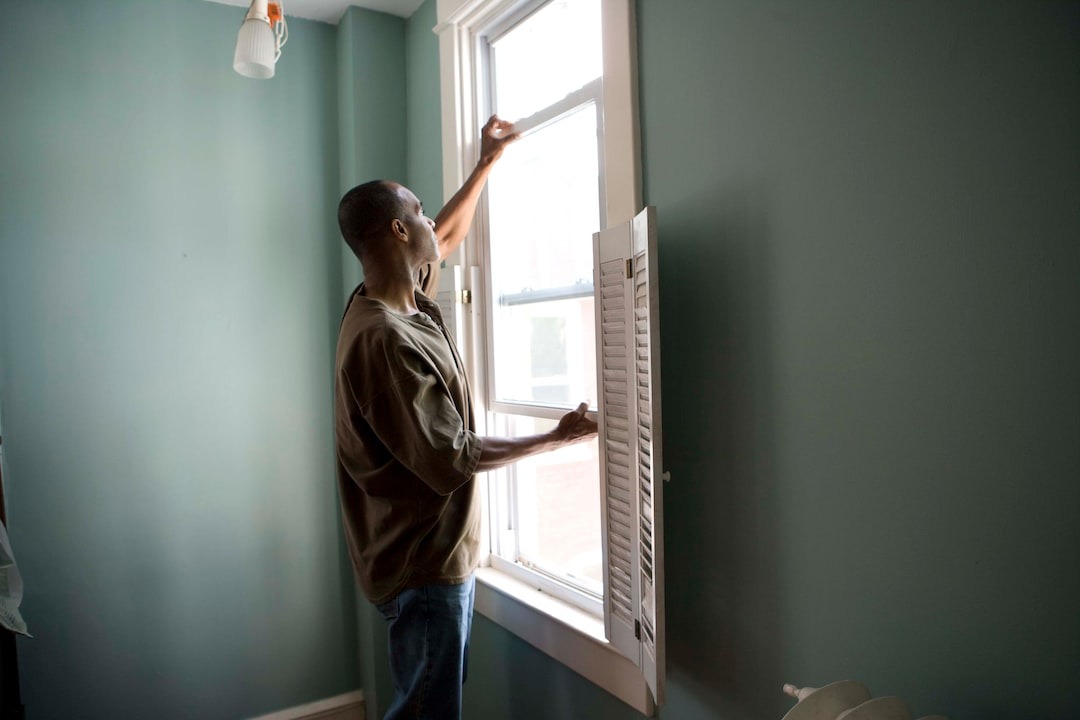Recovery is a lifelong journey filled with many difficulties. Even those who have endured detox and are navigating their sober lives with new interests and sober hobbies experience unique challenges. Urges, cravings, and stress can manifest at any time, and it is common for those overcoming substance use disorder (SUD) to still experience these challenges throughout the rest of their lives.
Recovery takes constant effort and maintenance, with no definitive “end date.” Therefore, there is always the potential for slips and relapses in recovery. However, knowing the difference between a slip and a release is instrumental in ensuring that each person can effectively address the situation and adjust their recovery efforts as necessary.
Slips in Recovery
Recovery is wrought with challenges, new experiences, stresses, and hurdles at each stage of recovery. From detox to residential treatment to intensive outpatient care, it is important to always be prepared for stresses and urges to reengage with addictive substances. “Slips” in recovery indicate unforeseen, one-time events where an individual engages with addictive substances but does not fully return to previous, destructive lifestyles. Attending weddings or social events where drugs or alcohol were unexpectedly present can be difficult to navigate. From time to time, an individual may unknowingly step into a high-risk situation like this and be ill-equipped to navigate it healthily.
For some, these slips can be a single sip from a drink before putting the drink back down and contacting supports about the situation. Others may experience a slip inadvertently, such as being handed a drink that unknowingly has alcohol mixed in. Engaging with addictive substances, even in these isolated incidents, can birth many challenges for those in recovery, accentuating cravings and surfacing intense emotional challenges.
Many slips in recovery result from an individual being unaware and unprepared to enact appropriate and effective coping strategies, relapse prevention strategies, or escape plans. However, it is still necessary to address slips with professionals and support. Using these resources can help an individual better understand how a single slip may affect their long-term sobriety efforts.
Navigating a Relapse
Relapses are more intense and chronic versions of slips. A relapse occurs when an individual falls back into a previously destructive lifestyle, re-engaging with addictive substances regularly. Those experiencing a relapse may consciously seek addictive substances despite their better judgment while returning to lifestyles, behaviors, or social groups associated with previous use of drugs or alcohol.
Relapse may cause an individual to return to other self-destructive behaviors, including:
- Hiding drugs or alcohol
- Compromised finances or budgets
- Avoidance of personal or professional responsibilities
- Failure to attend recovery-focused meetings or sober events
- Reengagement with potentially dangerous social groups or individuals
It is also common for relapses to contribute to feelings of anger, guilt, anxiety, and depression. It is important to understand that relapse can be common for those navigating their sobriety. However, they are in no way a “necessity” or pre-determined part of the recovery process. Addressing relapse with professionals is absolutely necessary to properly adjust one’s treatment plan and effectively secure lasting sobriety.
Overcoming Slips and Relapse
Both slips and relapse in recovery are difficult to process. However, it is always possible to resituate on the sober path following these difficult events. Talking with professionals is necessary following either a slip or relapse to determine how each person can adjust their goals and strategies to prevent slips or relapses in the future.
Acknowledge the Event
Experiencing a slip or recognizing the destructive nature of relapse is difficult to process. Often, they can be coupled with intense feelings of shame, guilt, frustration, and more. However, it is important to acknowledge that these events happened rather than try to push them aside. Acknowledging the event is the first step toward recommitting to one’s sober goals.
Talk With Professionals
Slips and relapses don’t happen in isolation. Rather, there can be any number of additional stresses, challenges, or circumstances surrounding these events that informed a person’s re-engagement with addictive substances. Exploring the personal and professional stresses that led to the use of drugs or alcohol is necessary to identify any previously unknown stressors or adjust pertinent coping strategies to prevent these situations in the future.
Consider Returning to Treatment
Depending on if one experienced a slip or relapse and to what intensity, returning to dedicated treatment programs is necessary. Taking time to detox after these events is crucial to prevent slips from further developing into relapse or to address relapse before it continues to affect other areas of one’s life. For some, returning to residential treatment may be best to practice new coping skills and explore new perspectives and needs in a safe environment. Others may benefit from returning to an intensive outpatient program (IOP), depending on the situation.
Just because an individual returns to a previous stage of treatment doesn’t mean that the skills and strategies they had used were completely ineffective. Some strategies may need to be adjusted to address new life situations. Other strategies may have been ineffective, and an individual may simply need to create or introduce additions to their recovery toolkit for a more comprehensive approach to sobriety.
Returning to treatment doesn’t mean that one has somehow “failed” in their recovery journey or that they are unable to achieve lasting sobriety. Rather, it indicates only that additional strategies are needed. Slips or relapses don’t eliminate a person’s hard-earned progress but instead contextualize their needs for the next step on their continued journey. One doesn’t need to dismiss effective coping strategies but continue building on a solid foundation to prevent slips or relapse in the future.
Experiencing a slip or relapse in recovery is a cause for adjustment. However, it doesn’t mean that your recovery is impossible. At Buena Vista Recovery, we understand that each and every recovery journey is a complex process, and we are prepared to work with you to find the best way to get back on the sober track. Our caring professionals and sympathetic atmosphere of peers are available to help you identify the stresses that informed a slip or relapse while providing the best approach to your continued recovery. From getting you back into detox to additional inpatient treatment or intensive outpatient care, we can work with you to explore your needs for continued sobriety. To learn more, call (480) 741-9414.





